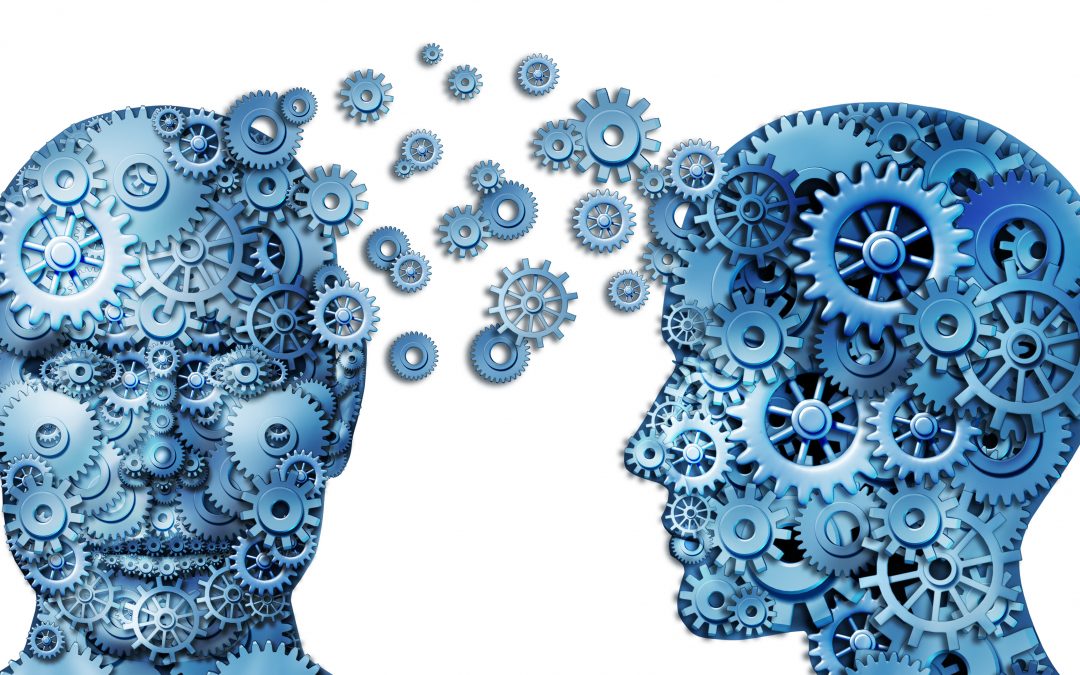From our next generation marketing automation that is streamlining university advancement to our other high tech tools for higher education, machine learning (or artificial intelligence) is woven into everything we do at Capture Higher Ed. The technology drives our current products and its influence only will grow as we iterate and innovate into the future.
Every day alumni interact with our digital messaging through email, online newsletters, reading articles, checking athletics scores and more. Machine learning — including Capture Behavioral Engagement — digitally records each interaction for each alumnus and aggregates this information to produce meaningful annual fund and major gift outreach on a 1 to 1 basis.
But it can be difficult to explain the great potential of machine learning for development and alumni offices when so many people are still trying to wrap their heads around exactly what it is and how it even works.
Writer Vishal Maini — a tech entrepreneur who spends his time “thinking about startups, applied cognitive science, moral philosophy, and the ethics of artificial intelligence” — is here to help. He recently posted a series at Medium.com titled, Machine Learning for Humans, that serves as an accessible, comprehensive and ultimately quite helpful primer on the technology.
Promising “plain-English explanations,” the series discusses why machine learning is important as well as concepts like supervised and unsupervised learning, neural networks and deep learning, and even offers an appendix of the best resources for researching the subject further.
It’s a crash course for everyone on your team, from tech savvy members who want to get up to speed quickly, to non-tech members who need a 101 on machine learning, to those who are simply curious about how machines think.
“This guide is intended to be accessible to anyone,” Maini writes. “Basic concepts in probability, statistics, programming, linear algebra, and calculus will be discussed, but it isn’t necessary to have prior knowledge of them to gain value from this series.”
Read it here at Medium.com.
How can advances in machine learning help improve outcomes for university advancement? By powering the tools that will help you automate and streamline your marketing efforts. Capture’s marketing automation software, Capture Behavioral Engagement (CBE), allows you to communicate with alumni and donors when it matters most.
Find out more about this new, essential tool for advancement.
By Kevin Hyde, Senior Content Writer, Capture Higher Ed




